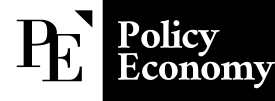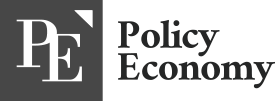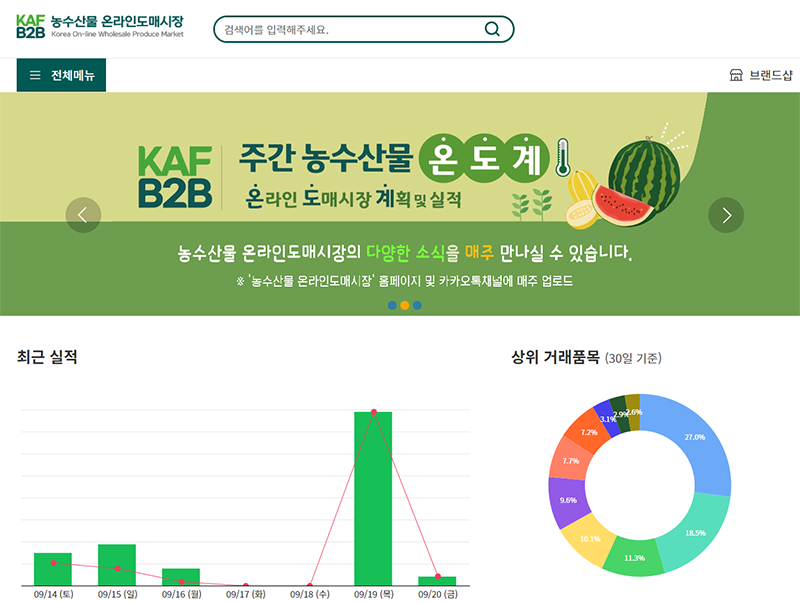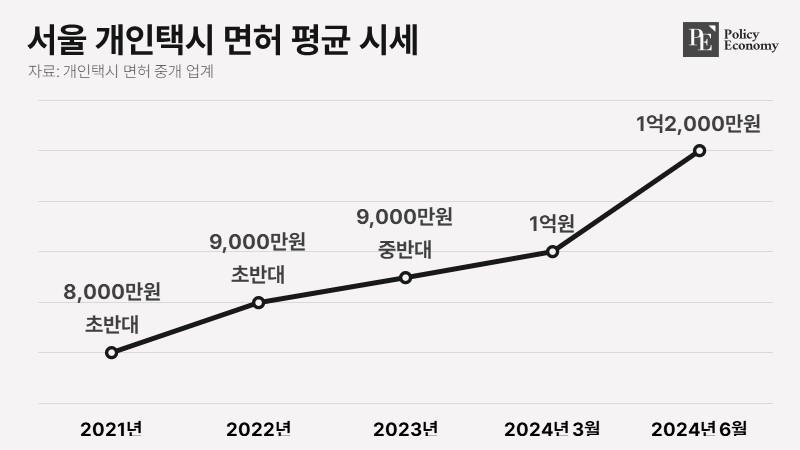[동아시아포럼] 북·러 군사동맹의 강화, 新냉전시대 열리나?
북·러 군사적 협력 강화, 한·미·일 3국 외교장관 성명 발표 시진핑 주석·김정은 위원장 정상회담 후 전략적 협력 강조 미·중 갈등, 다극화 흐름 속 신냉전시대 대응전략 모색해야
[동아시아포럼]은 EAST ASIA FORUM에서 전하는 동아시아 정책 동향을 담았습니다. EAST ASIA FORUM은 오스트레일리아 국립대학교(Australia National University) 크로퍼드 공공정책대학(Crawford School of Public Policy) 산하의 공공정책과 관련된 정치, 경제, 비즈니스, 법률, 안보, 국제관계에 대한 연구·분석 플랫폼입니다. 저희 폴리시코리아(The Policy Korea)와 영어 원문 공개 조건으로 콘텐츠 제휴가 진행 중입니다.
러시아와 북한이 최근 군사적 협력을 강화하고 있다. 지난해 2월 우크라이나 침공 이후 국제사회에서 고립된 러시아는 북한으로부터 전쟁 물자를 공급받고 있다. 이를 두고 미국, 유럽 등 서구 국가들은 북한-러시아 간 군사적 협력관계가 러시아-우크라이나 전쟁을 장기화하고 한반도 내 북한의 도발 가능성을 증대시킬 것이라 우려하고 있다.
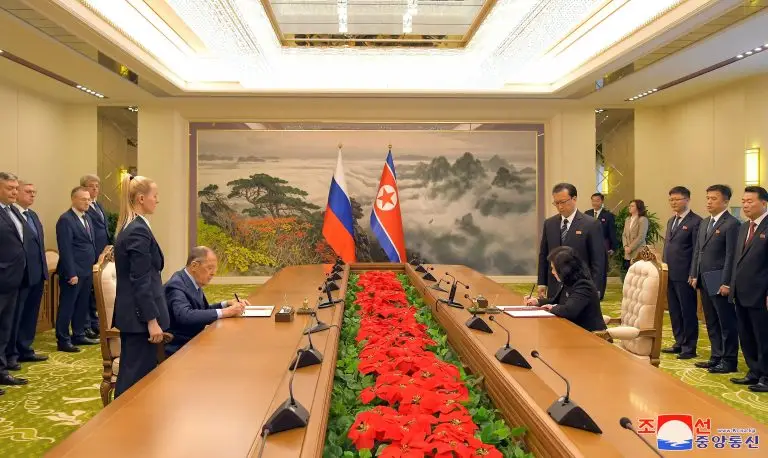
우크라이나 침공 이후 북한-러시아 간 공조 강화
지난달 26일 한·미·일 3국 외교장관은 북한이 우크라이나 정부와 국민을 대상으로 사용할 군사장비와 군수물자를 러시아에 제공하는 것을 강력히 규탄한다는 내용의 공동성명을 발표했다. 이에 러시아 정부는 “모든 분야에서 북한과 긴밀한 관계를 유지·발전시킬 것”이라며 동맹의 의지를 더욱 공고히 했고, 최선희 북한 외무상은 “한·미·일 3국의 군사 동맹으로 인해 지역의 평화와 안전이 위태로워진다면 북한과 러시아 관계는 마땅히 이를 견제하기 위한 강력한 전략적 요소로 작용하게 될 것”이라고 경고했다.
북·러 관계는 올해 하반기부터 더욱 공고해졌다. 지난 7월 27일 세르게이 쇼이구(Sergei Shoigu) 러시아 국방장관을 단장으로 하는 러시아 군사대표단이 한국전쟁 정전협정 70주년을 기념해 북한을 방문하면서다. 이는 러시아 국방장관이 북한을 방문한 최초의 사례며, 북한 정부도 코로나19 팬데믹 이후 처음으로 외국 대표단을 초청했다. 이날 김정은 북한 국무위원장은 대륙간탄도미사일(ICBM) 화성-18형 등 여러 무기체계를 소개했으며 쇼이구 장관은 북·중·러 3국의 연합 군사훈련을 제안한 것으로 전해졌다.
이어 지난 9월 12일에는 김 위원장이 러시아를 방문, 보스토치니 우주기지에서 블라디미르 푸틴 러시아 대통령과 정상회담을 가졌다. 당시 정상회담에서 푸틴 대통령은 북한이 추진 중인 군사용 정찰위성 개발을 지원하겠다는 뜻을 분명히 했으며 김 위원장은 러시아가 제국주의에 맞서 주권 국가를 건설하는 데 항상 함께할 것이라고 화답했다. 양국 간 공식적인 합의사항은 공개되지 않았지만 두 지도자는 우주개발을 비롯해 다각적인 협력을 확대하는 데 합의한 것으로 보인다. 지난 7월 쇼이구 국방장관이 제안한 연합 군사훈련은 아직 시작되지 않았으나, 북·중·러 3국을 견제하기 위해 한·미·일 공조를 강화한 시점에서 푸틴 대통령과 김 위원장이 만나 군사적 협력을 강화했다는 점에서 대담한 결정이라 할 수 있다.
군수품 공급·군사기술 개발 등 군사적 협력 확대
이에 미국은 한국, 일본과 함께 3국의 대북 억제 노력을 강화하려는 움직임을 보이고 있다. 그동안 미국 정부는 북한이 러시아에 군수품을 공급한다는 사실에 우려를 나타내며 양국의 무기 거래가 국제 안보를 위협할 것이라고 지속적으로 비판의 목소리를 높였다. 그럼에도 불구하고 북·러 정상회담의 성과는 이미 가시화되기 시작했다. 북한은 러시아에 우크라이나와의 전투에 사용할 무기와 탄약을 공급하고 있으며 러시아는 북한에 고급 군사기술의 이전이나 식량 지원 등을 약속했다. 특히 군사기술과 관련해 북한은 고체연료 ICBM나 핵추진잠수함 관련한 기술 지원을 요청했을 가능성이 있다. 실제 지난달 13일(현지시간) 백악관 국가안보회의(NSC)는 “최근 북한이 컨테이너 1,000개 부량의 장비와 군수품을 러시아에 공급했다”며 북한 나진에서 러시아 운송을 위해 조립된 컨테이너 사진을 공개했다.
양국의 군사적 협력 관계를 강화하는 시도는 물자와 기술 교류를 통한 물질적 이익 외에도 국제사회에 양국의 파트너십을 과시하는 효과도 있다. 이른바 ‘은둔의 왕국(hermit kingdom)’으로 알려진 북한과 러시아의 지도자가 이례적인 만남을 통해 우호적인 관계를 이어가면서 이들이 실제로는 그다지 고립되지 않았음을 보여주는 것이다. 또한 북한 입장에서는 한·미·일 동맹에 대응하는 북·중·러의 3각 공조체계에서 러시아와의 파트너십을 강화함으로써 원조와 무역 부문에서 중국에 대한 압도적인 의존도를 낮출 수 있다.
북·중·러 3각 공조 속 중국, 주요국과 균형 유지
하지만 한·미·일에 대응하는 북·중·러의 공조관계에서는 중국의 입장이 상당히 중요하다. 최근 중국은 미국과의 무역 갈등과 기술 경쟁을 끝내고 타협과 조정을 통해 G2로서의 입지를 공고히 하기 위해 노력하고 있다. 이러한 상황에서 중국 정부는 미국을 견제하기 위해 완충국으로서 북한과의 관계를 유지하는 동시에 한반도의 긴장이 지나치게 고조되지 않도록 조정해야 하는 복합적인 입장에 있다. 한반도 비핵화와 관련해서도 중국과 주변국의 이해관계가 상충하고 있다. 한국은 중국에 한반도 비핵화를 위해 건설적 역할을 할 것을 요구하고 있는데, 이는 실제 어느 정도 중국의 이익에 부합하는 측면도 있다. 하지만 고고도미사일방어체계(THAAD) 등 주한미군과 관련한 이슈에 대해서는 부정적인 입장을 유지하고 있다.
중국은 북한과 러시아의 관계에서도 균형 유지가 필요하다. 러시아가 북한에 고급 군사기술을 제공할 경우 중국을 비롯한 동북아시아 지역의 위협이 될 수 있기 때문이다. 또한 러시아가 북한의 지원을 받아 우크라이나 전쟁에서 승기를 거머쥔다면 중국은 러시아를 통해 미국을 견제할 수 있다. 이에 전문가들은 북·중·러 3국을 둘러싼 복잡한 이해관계를 고려할 때 3국의 합동군사훈련이 이뤄진다고 하더라도 효과는 제한적일 것이라고 전망한다. 기존의 중·러 합동군사훈련의 규모나 북한의 군사력 등을 고려하면 한·미·일 공조에 맞서기 위한 일종의 보여주기식 훈련에 그칠 가능성이 높다는 것이다.
실제로 국제사회에서 중국이 갖는 영향력에 비춰볼 때 북한과 러시아는 양국의 관계를 확장하는 동시에 중국과도 긴밀히 소통하면서 중국의 이익을 직접적으로 해치는 행동은 최대한 자제할 가능성이 높다. 지난달 푸틴 대통령은 김 위원장의 러시아 방문 이후 왕이 중국 외교부장을 만난 데 이어 직접 중국을 방문해 시진핑 국가주석을 만나 양국의 전략적 협력 관계를 공고히 했다. 당시 두 지도자는 중국과 러시아에 대한 서구의 이중 봉쇄에 대응하기 위해 긴밀한 협력을 지속할 것이라고 강조한 것으로 알려졌다.
전문가들은 동북아시아를 둘러싼 한·미·일과 북·중·러 간 긴장관계를 두고 신(新)냉전시대가 올 것이란 전망을 내놓고 있다. 1980년대까지 이어진 냉전체제와 달리 미국의 상대가 러시아에서 중국으로 바뀌었지만 과거 냉전체제의 세력들이 규합하면서 아시아를 넘어 유럽 등 대륙 전역으로 긴장을 증폭시킬 것이란 우려다. 하지만 현재의 상황만으로는 ‘냉전’이라 단정하기는 어렵다. 미국이 주도하는 한·미·일 동맹과 달리 북·중·러 3국의 협력관계는 주도국이 없다. 북·중·러 3국이 미국 중심의 국제질서에 대항하기 위해 공조하고는 있지만 두 개의 진영으로 확실하게 분리되지도 않는 데다 서로의 이해관계도 복잡하게 얽혀 있다. 한국와 일본이 우크라이나에 대해 직·간접적인 군사지원을 하고 있지만 러시아는 해당국의 기업에 대해 보복성 규제를 하지 않고 있으며, 북한과 달리 중국과 러시아는 여전히 한·미·일의 수교국이다. 그런 만큼 오늘날 신냉전 체제로의 전환이 미·중을 중심으로 한 양극화가 아닌 주요국의 다극화 흐름을 가속화한다는 점에 주목해야 할 것으로 보인다.
원문의 저자는 북한대학원대학교(University of North Korean Studies) 박사과정 재학생인 가브리엘라 베르날(Gabriela Prnal)입니다.
North Korea–Russia alliance revives Cold War divisions
Isolated from the international community and in urgent need of weapons and ammunition to continue its fight in Ukraine, Russia has chosen to double down on its alliance with North Korea. Although Moscow and Pyongyang have been allies for decades, recent developments point to deepening military cooperation, which may prolong the war in Ukraine and increase provocations on the Korean peninsula.

Russia reaffirmed its intentions on 26 October 2023, when the Kremlin pledged to ‘continue to develop close relations in all areas’ with Pyongyang. Similarly, North Korean Foreign Minister Choe Son-hui warned on 28 October that North Korea’s relations with Russia will act as a ‘powerful strategic’ element if security in the region is endangered as a result of US-led trilateral military alliance with South Korea and Japan.
The deepening of the North Korea–Russia alliance took off in July 2023 when North Korean leader Kim Jong-un welcomed a Russian delegation to Pyongyang, headed by Russian Defence Minister Sergei Shoigu, to mark celebrations of the 70th anniversary of the Korean War Armistice Agreement. The visit marked the first time North Korea had welcomed a foreign delegation since the start of the COVID-19 pandemic. Shoigu reportedly proposed trilateral naval exercises involving China and North Korea — a move that highlights just how far Moscow is willing to go to deepen cooperation with Pyongyang.
Although North Korea has yet to commit to such joint drills, Kim Jong-un expressed his interest in deepening ties with Moscow in a highly public manner by making a personal visit to Russia on 12 September 2023. The timing of the trip was bold given recent moves by the United States to strengthen trilateral deterrence efforts against the North with South Korea and Japan.
The United States has also been accusing North Korea of supplying arms to Russia for its war in Ukraine and threatened serious consequences if Kim strikes an arms deal with Russian President Vladimir Putin. But the North Korean and Russian leaders seem undeterred.
Putin expressed his intention to help North Korea build satellites and develop its space program. He also aims to discuss further cooperation on a broad range of topics with Kim Jong-un. Although no official agreement was made public, the two leaders likely concluded a win-win deal.
The fruits of the summit seem to already be materialising. An October 2023 report indicated ‘a dramatic and unprecedented level of freight railcar traffic at North Korea’s Tumangang Rail Facility located on the North Korea–Russia border’. According to the report, ‘the dramatic increase in rail traffic likely indicates North Korea’s supply of arms and munitions to Russia’.
In exchange for the weapons, Russia may offer advanced military technology to help North Korea develop and expand its military capabilities. For example, technology for the refinement of solid-fuel missiles and nuclear-powered submarines could be included in a list of North Korean requests. Ordinary North Koreans are also hoping to receive food aid from Russia.
Besides the material goods Kim may receive from Putin, the North Korean leader’s visit to Russia also served to show the world that the ‘hermit kingdom’ is not as isolated as many may think. North Korea is part of its own trilateral ‘bloc’ including Russia and China in opposition to the US–South Korea–Japan trilateral alliance. Deepening ties with Moscow also serves Pyongyang’s interests in reducing its overwhelming dependence on China for aid and trade.
China is in a tricky position as it seeks to maintain North Korea as a buffer state to counter the United States while also wanting to maintain stability on the Korean peninsula and prevent the escalation of tensions. To this end, North Korea’s denuclearisation is also in Beijing’s interests as this would arguably call into question the need for US troops to remain in South Korea.
China faces a challenging balancing act. Russia providing North Korea with advanced military technologies would result in a more dangerous weapons program. This would likely lead to greater tensions close to China’s border. But North Korean support for Russia in Ukraine could prevent Moscow from suffering utter defeat, which would serve China’s interests by containing US power.
Given China’s strong influence, North Korea and Russia are unlikely to engage in actions that would directly hurt Chinese interests. Both North Korea and Russia will likely maintain close communication with China over the course of their deepening bilateral ties. Days after Kim left Russia, Putin hosted China’s top diplomat Wang Yi. Putin also visited China on 17 October 2023. The news comes amid the Kremlin calling for closer policy coordination between Moscow and Beijing to counter Western aims at the ‘double containment of Russia and China’.
With Russia, China and North Korea united against a US-led world order, Cold War-era blocs are becoming increasingly solidified. The revival of these blocs is raising tensions across continents from Europe to Asia.
